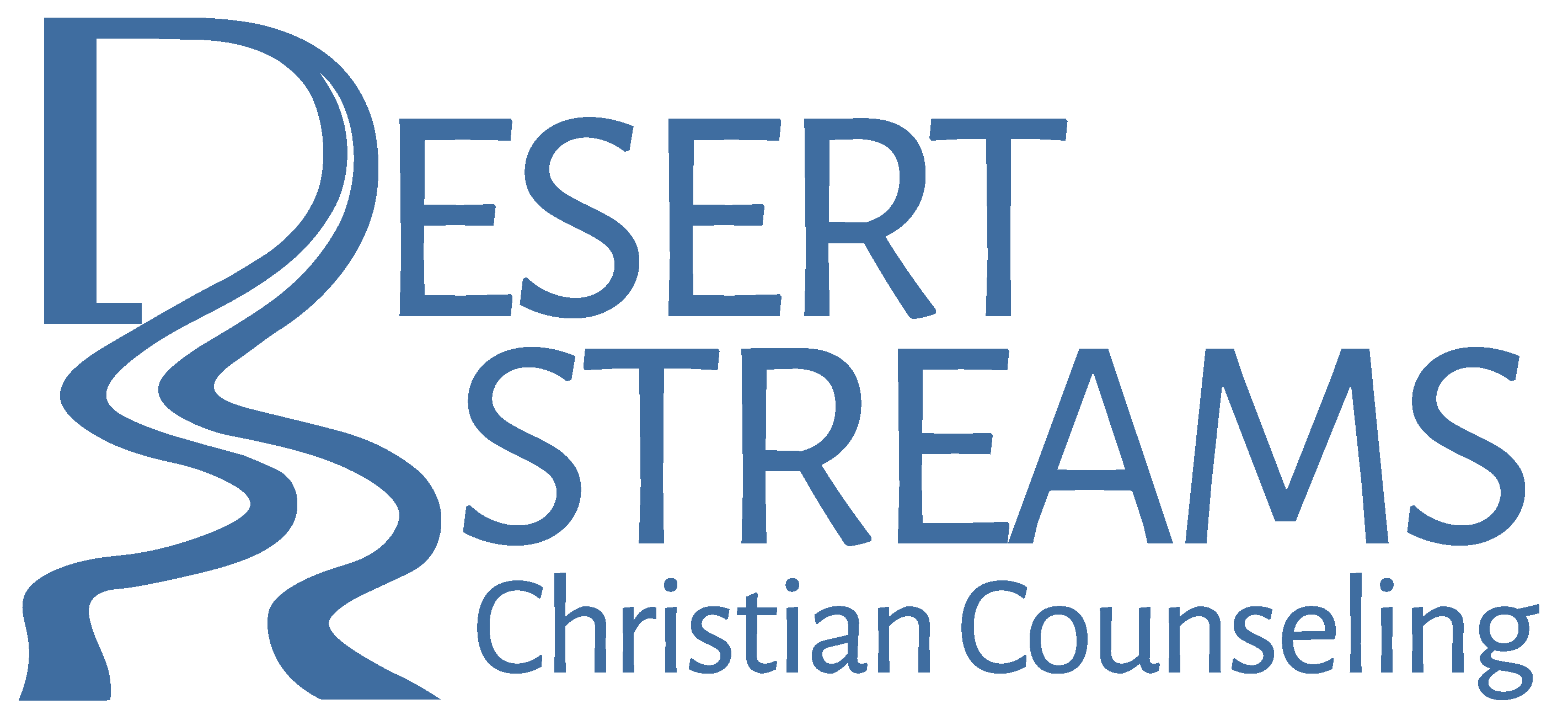Marriage, a union of love, trust, and commitment, can sometimes encounter challenging phases that strain the bond between partners. During these times, seeking professional guidance through marriage counseling becomes a valuable resource for navigating the complexities of married life. This form of psychology therapy offers numerous benefits, fostering communication, understanding, and resilience within relationships, ultimately nurturing mental health and overall well-being.
1. Improved Communication for Healthy Relationships
Effective communication is the cornerstone of a healthy marriage. Misunderstandings and conflicts often arise from a breakdown in communication. Marriage counseling provides a safe and neutral space for couples to express their thoughts and feelings without fear of judgment. Therapists help couples learn constructive communication techniques, enabling them to express themselves openly, actively listen, and understand each other’s perspectives. These skills significantly enhance the quality of interactions and reduce misunderstandings, nurturing stronger relationships.
2. Conflict Resolution Skills: Psychology in Practice
Conflicts are inevitable in any relationship. What matters is how couples manage and resolve these conflicts. Marriage counselors equip partners with conflict resolution strategies rooted in psychology practices. They teach valuable techniques for de-escalating tensions, finding common ground, and working together to reach compromises. Learning these skills not only resolves immediate issues but also fortifies the relationship for future challenges.
3. Rebuilding Trust: Vital for Mental Health and Relationship Stability
Trust forms the core of any lasting relationship but can be fragile and easily broken. Whether due to infidelity, breaches of honesty, or other reasons, rebuilding trust can be an arduous journey. Marriage counseling provides a supportive environment for partners to address trust issues openly. Therapists guide the process of understanding, forgiveness, and steps to re-establish trust, fostering healing and a renewed sense of security in the relationship, supporting mental health.
4. Enhanced Intimacy and Emotional Connection
Intimacy encompasses emotional connection, shared goals, and a sense of partnership. Through marriage counseling, couples explore the factors that might be affecting their intimacy. Therapists, utilizing psychology insights, help identify underlying issues and work on rekindling emotional and physical connections. Couples learn to understand each other’s needs, desires, and boundaries, creating a more profound bond within the relationship, nurturing mental health and well-being.
5. Life Transitions: Psychology Insights for Relationship Support
Life transitions significantly impact a marriage. Whether it’s starting a family, career changes, or other major life events, marriage counseling offers support in navigating these transitions. Counselors provide guidance on adapting to new roles, managing stress, and maintaining a strong partnership through these changes, offering psychological insights for a healthier relationship.
6. Individual Growth and Self-awareness for Mental Health
Marriage counseling focuses on individual growth as well. It encourages self-reflection and self-awareness, allowing each partner to understand their own behaviors, triggers, and emotional patterns. This self-awareness can lead to personal growth and a better understanding of how one’s actions affect the relationship, fostering mental health and relationship well-being.
7. Preventive Maintenance for Relationship Health
Couples need not wait until their relationship is in dire straits to seek counseling. Just as routine check-ups maintain physical health, regular counseling sessions can serve as preventive maintenance for a marriage. By addressing minor issues early on, couples can prevent them from escalating into significant problems, promoting mental health and healthy relationships.
Conclusion
Marriage counseling, an essential tool for nurturing relationships, empowers couples to overcome challenges and build a stronger, more resilient partnership. Seeking professional support is not a sign of weakness but a proactive step toward a healthier and happier marriage. Through enhanced communication, conflict resolution skills, rebuilding trust, and fostering intimacy, counseling supports couples in creating a strong foundation for their future together, promoting mental health and well-being.
If you and your partner are facing difficulties in your marriage, don’t hesitate to seek the support of a professional marriage counselor. With dedication and guidance, the journey of marriage can be made smoother, creating a stronger, more resilient, and fulfilling partnership, benefiting mental health and overall well-being.
Photo by Antoni Shkraba







